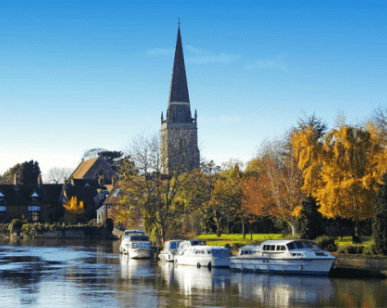A trust is an obligation that binds a trustee, an individual or a company, to deal with the assets such as land, money and shares which form part of the trust. The person who places assets into a trust is known as a settlor and the trust is for the benefit of one or more ‘beneficiaries’. The act of transferring an asset – such as money, land or buildings – into a trust is often known as ‘making a settlement’ or ‘settling property’. For Inheritance Tax (IHT) purposes, each asset has its own separate identity.
Some assets are classed as ‘excluded property’ and IHT is not due. However, the value of the assets may be included when calculating the rate of tax on certain exit charges and 10-year anniversary charges.
Types of excluded property can include:
- property situated outside the UK – that is owned by trustees and settled by someone who was permanently living outside the UK at the time of making the settlement
- government securities – known as FOTRA (free of tax to residents abroad)
Whilst this can be a complex area, as Trusts and Estates Tax Manager I am available to help with any specialist advice required to ensure that a trust operates as effectively as intended. From my own experience the excluded property rules can provide great opportunities for reducing IHT liabilities, but can be easily overlooked.
As a firm we recently started acting for a trust which had been set up under the will of someone who had died while living permanently outside the UK. The trustees were unaware of the excluded property rules and were intending to use the money in the trust to buy investments which would not have qualified as excluded property. We explained the excluded property rules to them and how they might benefit from them. Based on our advice, the trustees changed their investment strategy to include investments that do qualify as excluded property. This is expected to save a significant amount of IHT in the future.
If you have any questions regarding settled and excluded property for trusts, or any trusts or estates queries, please get in contact with me on 01865 559900 or email and I’ll be happy to help.
Matthew Hill, Trusts and Estates Tax Manager


